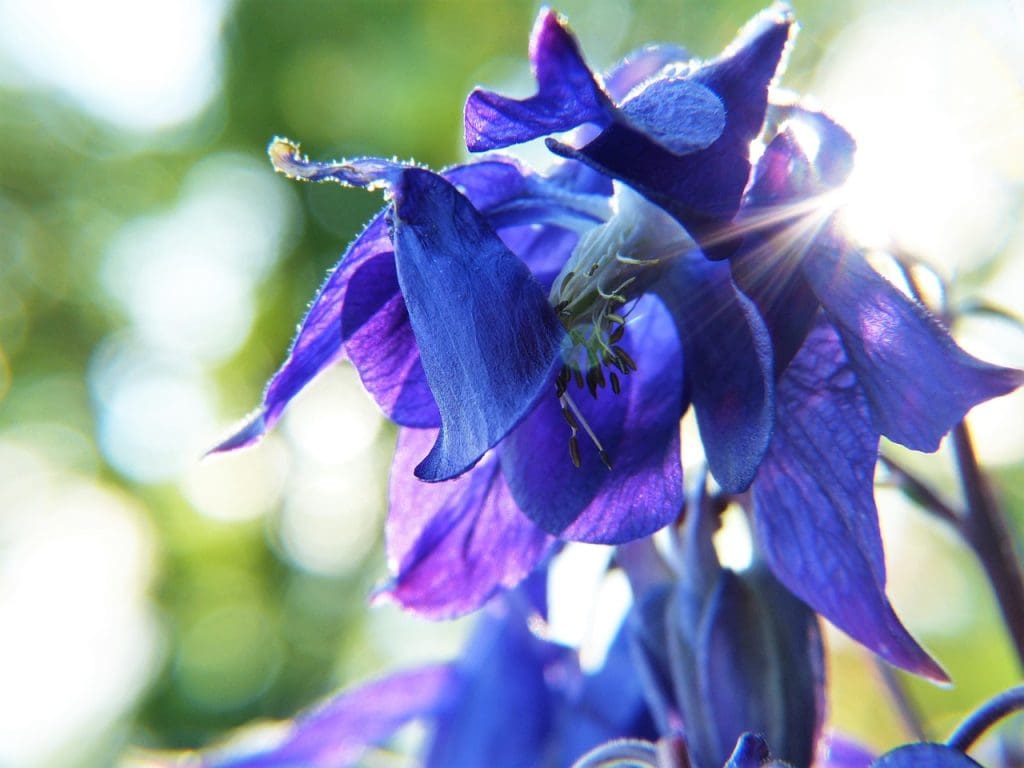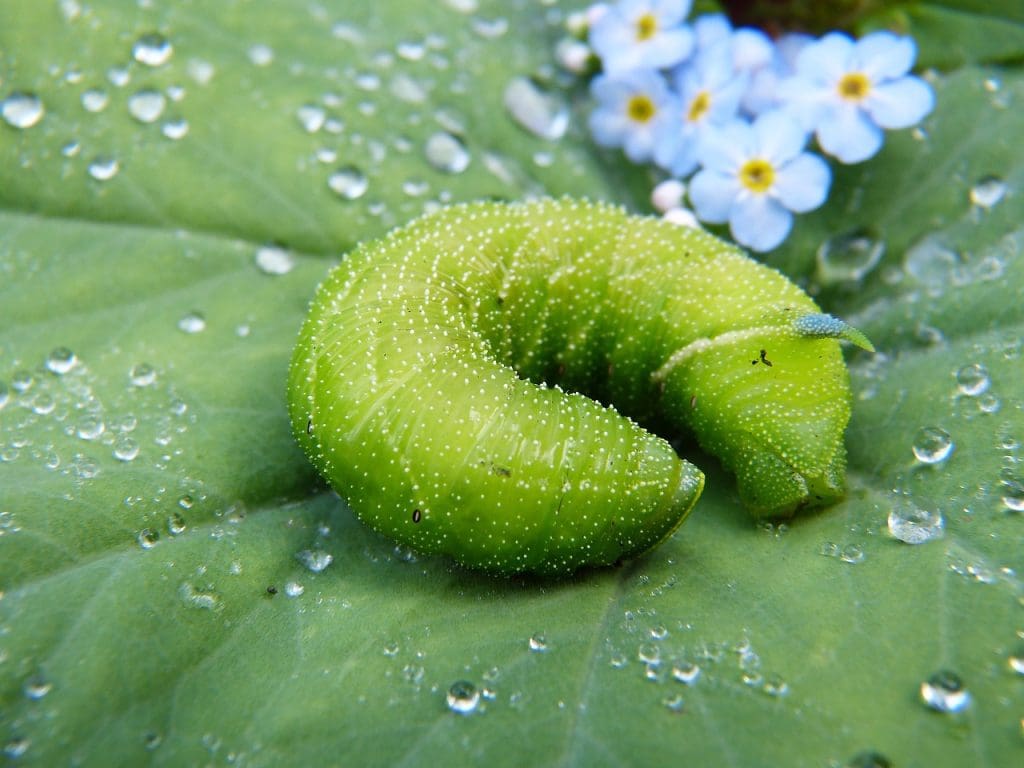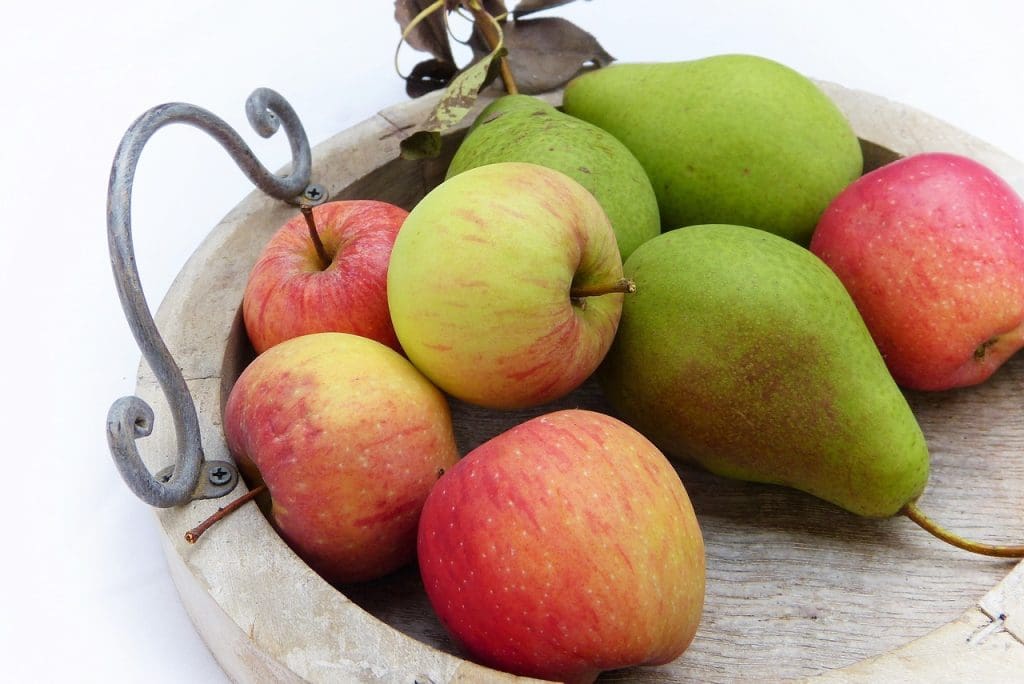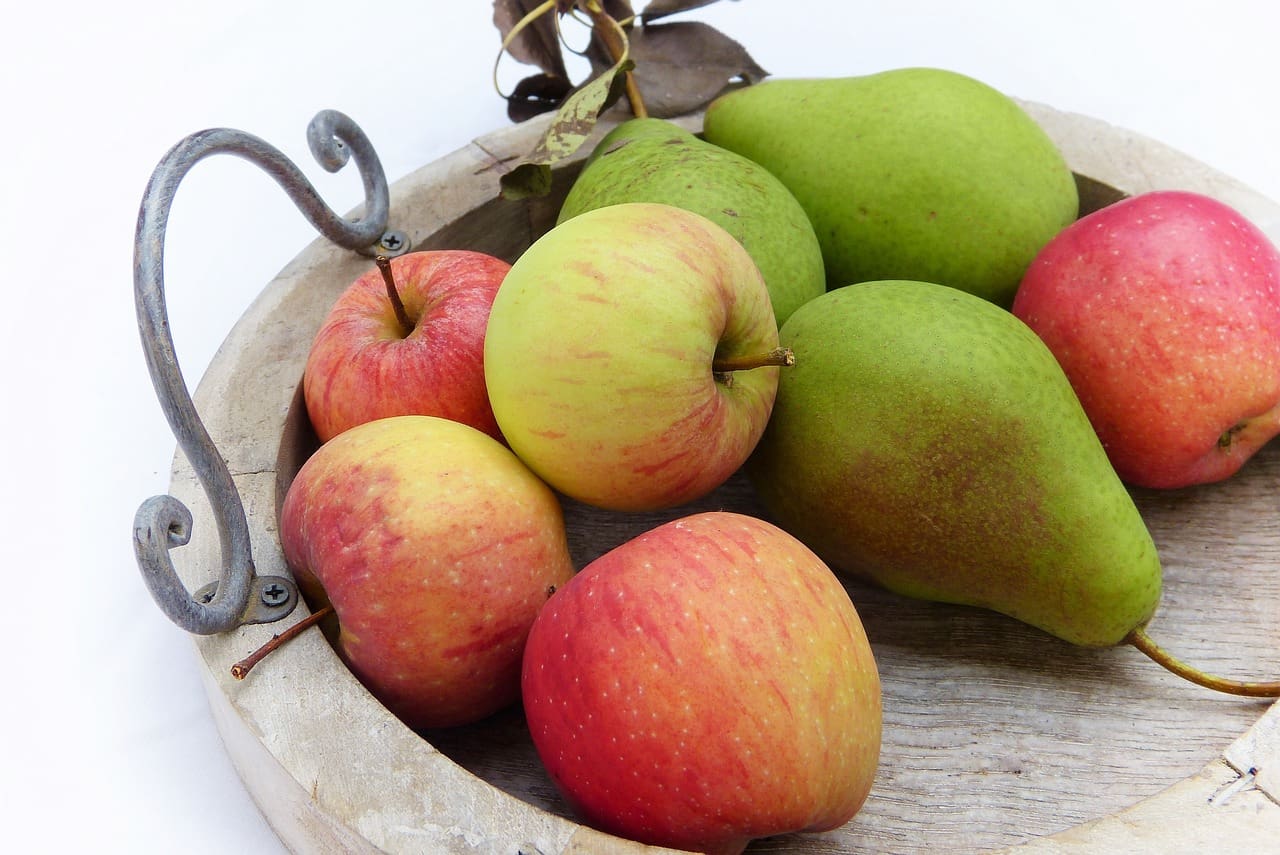Have you ever wondered what the most effective herbicides are for controlling alligator weed in agricultural lands? Alligator weed is a particularly problematic aquatic and terrestrial plant that can cause significant challenges for farmers and land managers. Understanding the most popular and effective herbicides for controlling this invasive species is crucial for maintaining productive agricultural lands.

What is Alligator Weed?
Alligator weed (Alternanthera philoxeroides) is a perennial invasive plant native to South America but has spread to various parts of the world, including the United States, Australia, and Asia. This vigorous weed can grow both in water and on land, making it highly adaptable and challenging to control. It forms dense mats in water bodies, obstructing water flow, and displaces native vegetation on land, reducing agricultural productivity and biodiversity.
Why Control Alligator Weed?
Controlling alligator weed is essential for several reasons. Firstly, it competes with crops for nutrients, sunlight, and water, resulting in lower yields. Secondly, its dense growth can clog irrigation canals and drainage systems, exacerbating flood risks and creating additional management costs. Lastly, in aquatic environments, it can disrupt native flora and fauna, leading to habitat loss and a decline in water quality.
Popular Herbicides for Alligator Weed Control
To effectively manage alligator weed, the selection of appropriate herbicides is crucial. The following herbicides are widely regarded as the most effective for controlling alligator weed in agricultural lands:
Glyphosate
Glyphosate is a broad-spectrum systemic herbicide commonly used for controlling a variety of weeds, including alligator weed. It works by inhibiting a specific enzyme pathway, which is essential for the plant’s growth.
Pros:
- Effective on both terrestrial and aquatic forms of alligator weed.
- Non-selective, killing nearly all plant types.
- Relatively low toxicity to animals.
Cons:
- Can potentially harm desirable plants if not applied properly.
- Resistance concerns with overuse.
Application Tips:
- Apply when the plant is actively growing for best results.
- Use a surfactant to improve herbicide adhesion to the plant’s leaves.
- Avoid application before rain to prevent runoff.
2,4-D Amine
2,4-D Amine is a selective herbicide primarily targeting broadleaf weeds, making it an ideal option for areas where grasses need to be preserved.
Pros:
- Selective, minimizes damage to grasses.
- Effective on young, actively growing alligator weed.
- Cost-effective and widely available.
Cons:
- Limited effectiveness on mature plants.
- Possible drift concerns affecting nearby broadleaf crops.
Application Tips:
- Target application during early growth stages of the weed.
- Avoid spraying during windy conditions to reduce drift.
- Repeat applications may be necessary for persistent infestations.
Imazapyr
Imazapyr is a systemic herbicide that works by inhibiting essential amino acid synthesis in plants. It’s effective against a wide range of aquatic and terrestrial weeds, including alligator weed.
Pros:
- Long residual activity, providing extended control.
- Effective on a broad spectrum of plant species.
- Useful in both aquatic and terrestrial environments.
Cons:
- Can persist in soil, affecting subsequent plantings.
- Potential groundwater contamination risk.
Application Tips:
- Use in areas where long-term control is needed.
- Monitor treated areas for potential effects on non-target plants.
- Follow label instructions carefully to minimize environmental impact.
Triclopyr
Triclopyr is a selective herbicide effective against broadleaf weeds and woody plants. It’s particularly useful for managing alligator weed in non-crop and aquatic environments.
Pros:
- Selective, sparing grasses and other monocots.
- Fast action, visible results within days.
- Safe for use near water bodies.
Cons:
- Can harm desirable broadleaf plants if not precisely applied.
- Higher cost compared to other herbicides.
Application Tips:
- Apply during active growth phases for maximal efficacy.
- Combine with a penetrant for tough, woody stems.
- Monitor for regrowth and reapply if necessary.
Fluridone
Fluridone is an aquatic herbicide that inhibits photosynthesis, making it effective for controlling submerged and emergent aquatic plants, including alligator weed.
Pros:
- Specifically formulated for aquatic environments.
- Long-lasting, providing extended control.
- Low toxicity to fish and other aquatic life.
Cons:
- Slow activity, taking weeks to show results.
- Ineffective on terrestrial alligator weed.
Application Tips:
- Use in large water bodies where other methods are impractical.
- Apply at the beginning of the growing season for best results.
- Ensure uniform distribution for consistent control.
Integrated Weed Management
While herbicides are an essential tool in controlling alligator weed, integrating multiple management strategies can improve effectiveness and sustainability. Combining chemical, mechanical, and biological control methods helps reduce reliance on herbicides and mitigates the risk of resistance development.
Mechanical Control
Mechanical control involves physically removing alligator weed through methods such as cutting, mowing, and dredging. While labor-intensive, mechanical control can provide immediate short-term relief from heavy infestations.
Tips:
- Use mechanical control in conjunction with herbicide treatments for comprehensive management.
- Regularly monitor treated areas to prevent regrowth.
- Dispose of plant material responsibly to avoid dispersal.
Biological Control
Biological control utilizes natural enemies of alligator weed, such as insects and pathogens, to reduce its spread and impact. Several biocontrol agents, including the alligator weed flea beetle (Agasicles hygrophila) and alligator weed thrips (Amynothrips andersoni), have been introduced with varying success.
Tips:
- Conduct thorough research and consult with experts before introducing biological control agents.
- Combine biocontrol with herbicide treatments for a synergistic effect.
- Monitor for long-term impacts on both target and non-target species.
Cultural Control
Cultural control involves modifying management practices to reduce the suitability of habitats for alligator weed. This can include practices such as altering planting schedules, maintaining healthy crops, and improving drainage systems.
Tips:
- Implement crop rotation to disrupt alligator weed life cycles.
- Maintain optimal crop health through proper fertilization and irrigation.
- Enhance drainage systems to prevent waterlogging, which favors alligator weed growth.

Environmental Considerations
When using herbicides for alligator weed control, it’s crucial to consider the potential environmental impacts. Selecting the right herbicide and applying it responsibly can minimize adverse effects on non-target organisms and ecosystems.
Water Quality
Herbicides, especially those used in aquatic environments, can affect water quality and aquatic life. It is essential to choose herbicides with the lowest toxicity to fish and other aquatic organisms and adhere to application guidelines to prevent contamination.
Non-Target Plants and Animals
Herbicides can unintentionally affect non-target plants and animals, especially when used indiscriminately. To minimize this risk, use selective herbicides, apply them accurately, and follow label instructions regarding buffer zones and application rates.
Resistance Management
Repeated use of the same herbicide can lead to the development of resistant weed populations. Implementing resistance management strategies, such as rotating herbicides with different modes of action and integrating non-chemical control methods, can help prevent resistance.
Economic Considerations
Effective alligator weed control also has economic implications. Farmers and land managers must consider the cost of herbicides and other control methods, as well as the potential financial benefits of improved crop yields and reduced management expenses.
Cost Effectiveness
Comparing the cost of various herbicide options, along with their efficacy and duration of control, can help determine the most cost-effective strategy for a given situation.
Return on Investment
Investing in alligator weed control can lead to significant economic benefits by improving crop yields, reducing irrigation and drainage maintenance costs, and preventing the spread of the weed to neighboring properties.

Conclusion
Controlling alligator weed in agricultural lands requires a multifaceted approach, combining the use of effective herbicides with mechanical, biological, and cultural control methods. By understanding the strengths and limitations of popular herbicides like glyphosate, 2,4-D amine, imazapyr, triclopyr, and fluridone, you can develop an integrated weed management plan that effectively addresses the challenges posed by this invasive species.
Remember to consider environmental and economic factors when selecting and applying herbicides, and continually monitor treated areas for signs of regrowth. With diligent and informed management, you can successfully control alligator weed and maintain productive, healthy agricultural lands.
